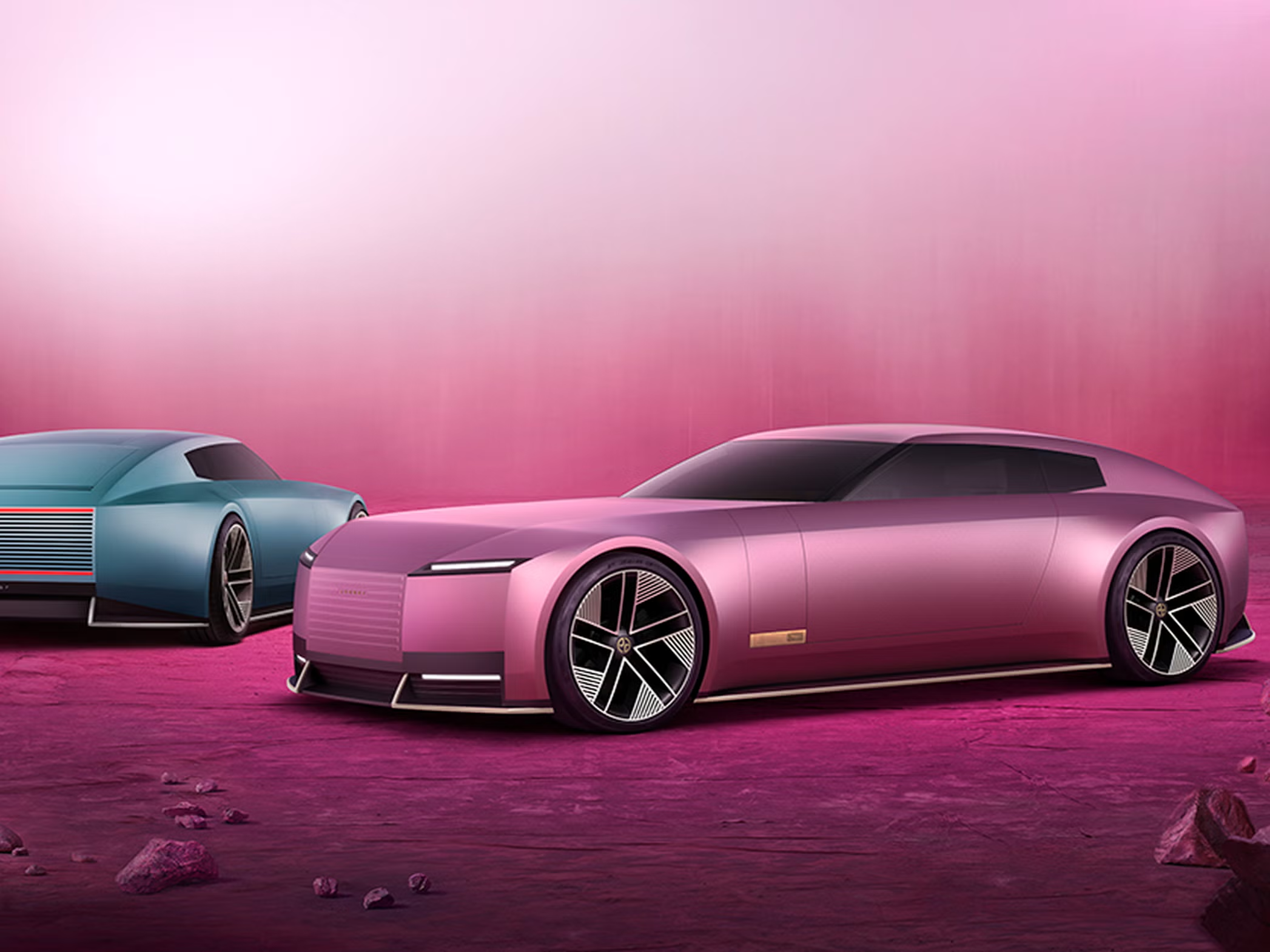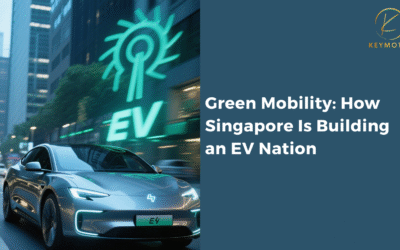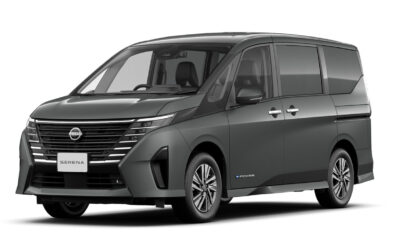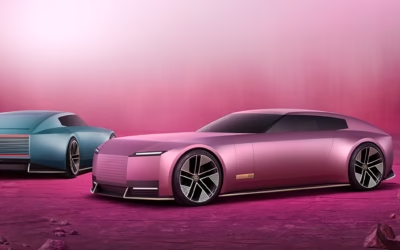The automotive industry is undergoing a radical transformation, and electric vehicles (EVs) are at the heart of this evolution. As technology accelerates and global awareness around climate change intensifies, the next decade promises to be a game-changer for electric mobility. From advanced battery tech to self-driving capabilities, here’s what we can expect in the world of electric cars over the next ten years.
Mass Adoption of EVs
Electric vehicles are no longer a niche market. With governments worldwide introducing stricter emissions regulations and offering attractive incentives, EVs are poised to become the new norm. Industry analysts predict that by 2035, EVs could make up more than half of all new car sales globally. Major automakers like Ford, GM, and Volkswagen are already shifting gears, pledging to phase out internal combustion engines and go all-electric within the next decade.
Breakthroughs in Battery Technology
One of the biggest barriers to widespread EV adoption has been range anxiety — the fear that a vehicle won’t have enough charge to reach its destination. However, that’s rapidly changing. New battery technologies, such as solid-state batteries, promise to deliver longer range, faster charging, and improved safety. Companies like Toyota and Quantum Scape are investing heavily in this space, with commercial applications expected before 2030.
Faster and Smarter Charging
Charging infrastructure is set to see massive upgrades. Expect more ultra-fast charging stations with the ability to power up an EV in less than 15 minutes. Additionally, wireless charging — where vehicles charge simply by parking over a charging pad — could soon become mainstream. With smart-grid integration, EVs will also be able to send electricity back to the grid, helping stabilize energy systems during peak hours.
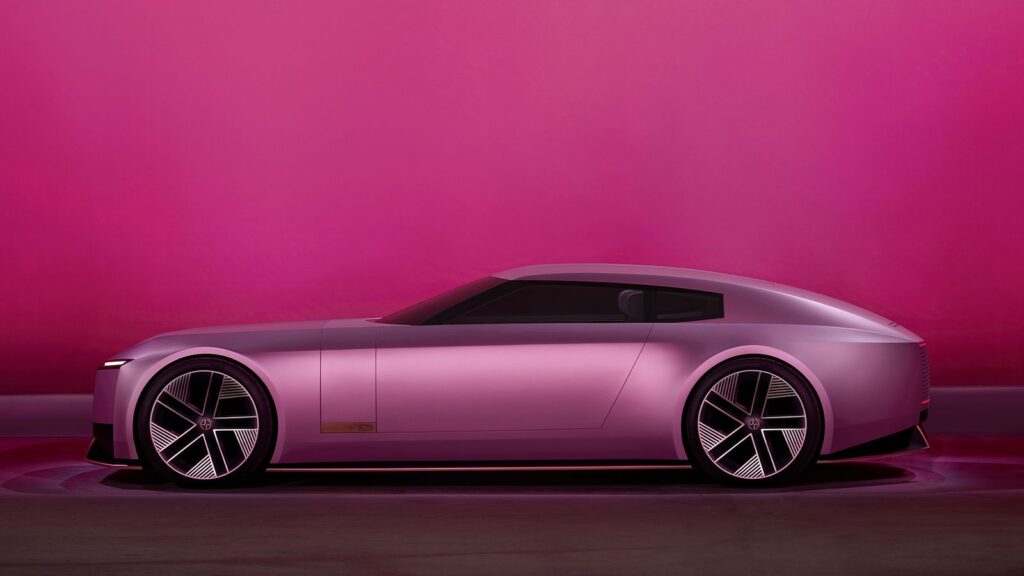

Autonomous and Connected EVs
Electric cars are increasingly becoming tech hubs on wheels. Over the next decade, the integration of autonomous driving technology will grow stronger, especially with the rise of AI-powered systems and real-time data processing. Think self-parking, lane change assist, and even full self-driving capabilities becoming standard in EVs. Furthermore, connected car technology will allow EVs to communicate with each other and with infrastructure, improving traffic flow and safety.
More Affordable Models
EVs are becoming more affordable as production scales up and battery costs decline. In the coming years, we can expect to see a wave of budget-friendly electric vehicles under $25,000 without compromising on performance. This democratization of EVs will be key to mass adoption, especially in developing nations.
Diverse Designs and Use Cases
The EV landscape will expand far beyond sedans and SUVs. We’ll see more electric pickup trucks, vans, and even sports cars with jaw-dropping acceleration and sleek design. There will also be a surge in electric commercial vehicles and delivery vans, especially with the rise of e-commerce and urban logistics.
Sustainability Beyond the Powertrain
Future EVs won’t just be green because they run on electricity — they’ll also be manufactured sustainably. Automakers are focusing on recyclable materials, ethical battery sourcing, and reduced carbon footprints across their supply chains. Expect innovations like vegan leather, biodegradable components, and solar panels integrated into car roofs.
Final Thoughts
The next decade will be pivotal for the electric vehicle revolution. With innovations around every corner, EVs are set to redefine not only how we drive but how we live. Whether it’s cleaner cities, smarter roads, or simply quieter commutes, the future of electric cars is bright — and it’s arriving faster than we think.

